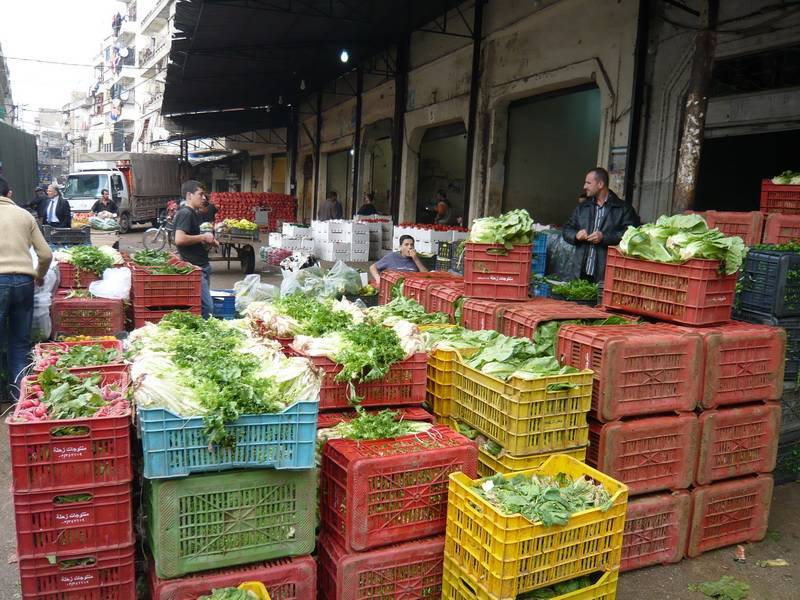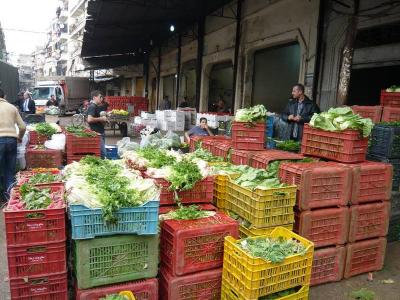A report by the World Bank on the impact of the COVID-19 pandemic on food price inflation in the Middle East and North Africa stated that food prices in Lebanon increased during the period from February 14, 2020, to May 10, 2021. The World Bank calculated the change in food prices in 19 countries in the region across five main food categories: starches, dairy products, fruits, meats, and vegetables.
The report noted that the price of fresh or frozen beef in Lebanon rose by 121.4% between February 14, 2020, and May 10, 2021, the highest increase in the Middle East and North Africa. According to the report, Lebanon, alongside Djibouti, was the only country in the region to register an increase exceeding 60% in the price of fresh or frozen beef. Moreover, the price of rice in Lebanon increased by 119% during the same period, representing the highest regional increase.
Egg prices also rose by 117.8% during the covered period, the highest increase regionally. Lebanon, in addition to Djibouti, Iran, Syria, and Yemen, was one of the only countries in the region to record an increase of over 20% in the price of eggs. Prices for bananas and tomatoes in Lebanon increased by 106.8% and 97.6%, respectively, marking the highest rises in the region. Meanwhile, the prices of onions and potatoes increased by 87% and 84.7%, respectively, which are the highest increases for these food products regionally.
Fresh or frozen chicken prices rose by 81%, ranking the highest in this product category in the region after Djibouti. The price of liquid milk in Lebanon increased by 69.6% during the period from February 14, 2020, to May 10, 2021, the highest in the Middle East and North Africa. The prices of apples and oranges rose by 69% and 67.1%, respectively, which are also the highest for fruits in the region. The price of cheese increased by 28.4% during the reported period, again the highest regionally. Lastly, the price of bread and other bakery products increased by 14%, the highest rise for bread prices in the region.
Lebanon bears the burden of its residents
Dr. Marwan Iskandar, an expert in economic and legal affairs in Lebanon, commented on the report to "Sky News Arabia," stating: "The reason for this is the level of demand for food that exceeds the demand from Lebanese citizens, as there are approximately 2.5 million non-Lebanese people living in Lebanon who need food."
Iskandar continued: "We receive aid from some Arab countries, which is appreciated; however, it is not enough for the daily needs in a country struggling with exorbitant prices imposed by traders and supermarket owners." He added, "The financial reserve consumed to support electricity has been used up; we paid $40.9 billion over ten years without accounting for the interest, and if we add interest, 65% of the public debt is attributed to electricity without the construction of a single power plant."
He noted, "During President Rafik Hariri's time, stations were established that generated 1,800 megawatts of power, which was sufficient at that time. Unfortunately, after his departure, everything stopped." Iskandar clarified, "Lebanon was living without support, while support is a characteristic for struggling economies in countries like Syria and Iran, and they want us to follow the same path, knowing that the deficit in the balance of payments is due to smuggling into Syria, and we cannot live with two million non-Lebanese alongside this deficit while basic commodities are continuously smuggled, costing the treasury billions of dollars."




